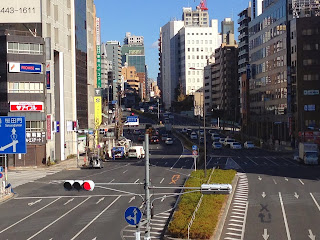President of Democratic Party, Katsuya
Okada, the leader of biggest opposite party in the Diet, announced his
resignation with his intention of not running for presidential election of the
party in September. In the election of House of Councillors earlier this month,
Okada failed in implementing his campaign promise to prevent the power for constitutional
amendment from occupying two-third majority in the House. He took
responsibility of it. However, DP does not have competitive figure for next
president, only consuming leadership.
In his press conference, Okada emphasized
his achievement in the election as much as possible. “We could have a certain
achievement in the election of House of Councillors. With marking first few
steps to resurgence, we reached a point for a change,” told Okada. Then he said
that having new leader would be preferable both for the party and politics with
alternative power to current administration, expecting succeeding his policy of
broad cooperation of the opposite parties.
Okada established a new type of framework
of raising integrated candidate with Japan Communist Party, Social Democratic
Party and People’s Life Party in each of 32 electoral districts, that resulted
in winning 11 seats. But, looking at whole election, DP lost its 13 seats in
the House. The leading parties could achieve two-third majority for
constitutional amendment with other small conservative parties and independent
lawmakers.
With sudden announcement of stepping down,
DP lawmakers embarked on new campaign for presidential election. The group
supporting Okada’s presidency expects one of Deputy Presidents, Renhou or Akira
Nagatsuma to run for the election. Conservative lawmakers who are against
coalition with JCP support former Minister of Foreign Affairs, Seiji Maehara,
or former Minister of Environment, Goshi Hosono. Opposite party coalition will
be the focus of the election.
It is inevitable that the presidential
election will show further separation inside DP. Prime Minister Shinzo Abe has
been willing to cooperate with conservative DP lawmakers for constitutional
amendment. If Maehara or Hosono takes seat of the president, DP may approach
the leading coalition for that issue. Even if they lose, dispute over the opposite
coalition will remain with ignorance of negative impact of internal mess. As
the opposite party cannot settle its own problem, Abe administration is simply
getting stronger.

















